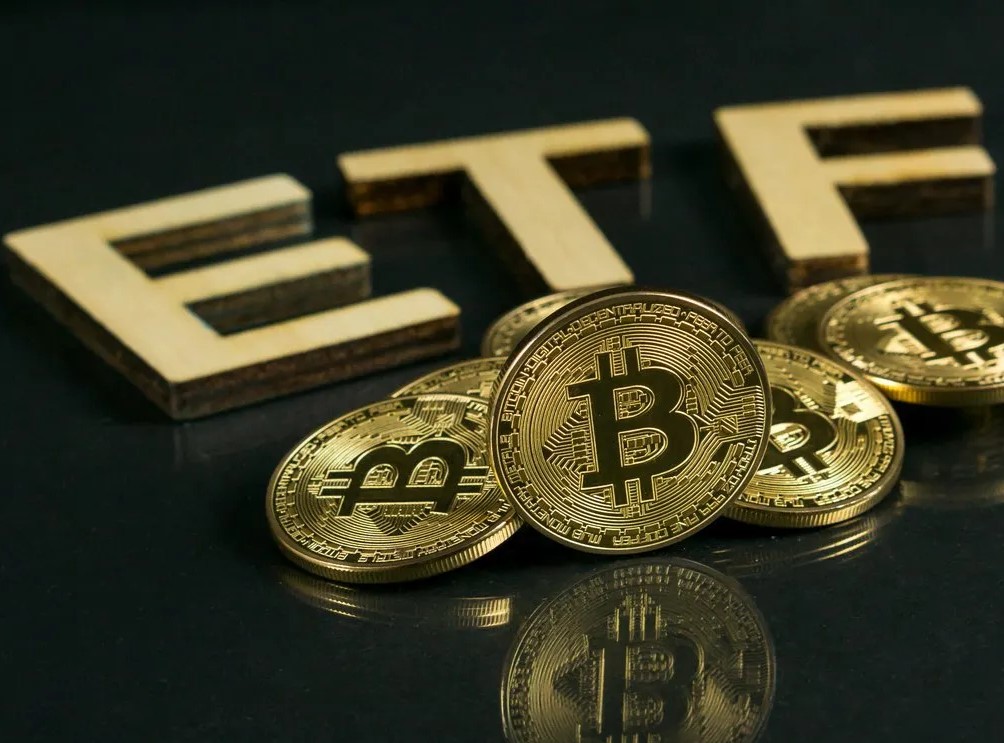Bitwise Asset Management, a prominent crypto-focused asset manager, has submitted a proposal to the United States Securities and Exchange Commission (SEC) to introduce a revolutionary exchange-traded product (ETP) that provides investors with exposure to both Bitcoin (BTC) and Ethereum (ETH).
The product is awaiting SEC approval and lodged under Form S-1. It will be traded on NYSE Arca.
Bitcoin and Ethereum are the two largest cryptocurrencies, accounting for approximately 70% of the $3.2 trillion global crypto market. This proposed ETP will allocate its holdings based on their relative market capitalization.
Matt Hougan, Bitwise’s Chief Investment Officer, underscored the complementary nature of Ethereum and Bitcoin. He stated:
“Bitcoin and ether aren’t competitors any more than gold and tech stocks are competitors.”
Is the SEC likely to approve the Bitwise Bitcoin-Ethereum ETP?
Bitcoin is the oldest and most secure blockchain, predominantly designed for monetary transactions, and is frequently referred to as a digital store of value.
Conversely, Ethereum’s blockchain is adaptable and facilitates a dynamic ecosystem of decentralized finance (DeFi), non-fungible tokens (NFTs), and other real-world applications.
Due to the multiplicity of use cases, the combination of Bitcoin and Ethereum is an appealing option for investors interested in exposure to cutting-edge blockchain applications and stability.
The weighted allocation based on market capitalization, as per Bitwise, guarantees that investors’ portfolios correspond to the market dynamics of these two cryptocurrencies.
The ETF has the potential to garner substantial interest from both institutional and retail investors, given the combined market capitalization of $2.25 trillion for Bitcoin and Ethereum.
Matt Hougan, the Chief Information Officer, declared,
“This fund aims to make adding both assets to a portfolio straightforward, providing a single product for balanced exposure.”
Regulatory Consequences of Market Correction
The SEC’s approval of spot Bitcoin ETFs earlier this year and spot Ether ETFs in May indicated a change in its stance toward digital asset investment products.
Nevertheless, Gary Gensler’s resignation as SEC Chair in January 2025 will result in a transition in the commission’s leadership.
Under President-elect Donald Trump, the potential appointment of a new, crypto-friendly chair could further influence the regulatory environment.
The SEC has been subjected to criticism for its cautious approach to cryptocurrency.
Even so, the recent approval of exchange-traded funds (ETFs) linked to assets such as Bitcoin, Ether, and Solana has motivated asset managers to investigate novel opportunities.
It is worth noting that Bitwise has recently taken the first steps to launch its Bitwise Solana ETF by registering to establish a trust entity in Delaware. This action suggests that a potential SEC filing may be imminent.
Upon approval, the ETF would follow Solana, the fourth-largest cryptocurrency, in conjunction with VanEck and 21Shares.
Bitwise’s assets under management (AUM) have increased significantly in 2024, reaching $5 billion by October. This growth has been facilitated by the recent acquisition of Ethereum-staking provider Attestant and the success of its Bitcoin ETF.
On November 26, U.S. spot Bitcoin ETFs experienced a significant shift in investor sentiment, as they experienced $438.4 million in outflows following a five-day inflow streak that had generated $3.4 billion.
Bitwise’s BITB led the decline with disbursements of $280 million. Grayscale’s GBTC and Fidelity’s FBTC saw $158.2 million and $134.7 million in withdrawals, respectively.
BlackRock’s IBIT ETF maintained its dominance with $31.6 billion in cumulative inflows despite the decline, as evidenced by $267.8 million in net inflows.
Conversely, spot Ethereum ETFs experienced robust trading volumes of $711.2 million, resulting in $2.8 million in net inflows.
Bitcoin’s dominance, which accounted for $3 billion, and the increasing interest in altcoins such as Solana, which attracted $16 million, drove the record weekly inflows of $3.13 billion in broader crypto markets.



